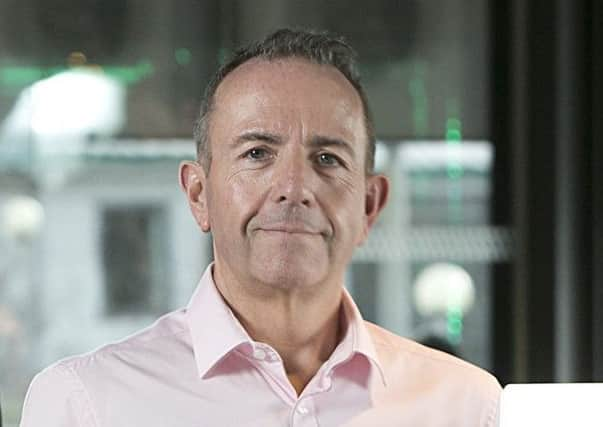Prof Gary McEwan: We need to nurture our talent, not sell it off


We work with more than 2500 businesses each year and, within our operational areas, we see a significant annual increase in business start-up activity.
As a barometer of economic health, the start-up rate is important – show me a healthy regional or national economy and I will show you a vibrant start-up culture. The two go hand in hand.
Advertisement
Hide AdAdvertisement
Hide AdOur attention should perhaps be aimed at why it appears to be so difficult to create and develop more companies in Scotland that can perform on the global stage. It is logical to expect the bulk of new ventures to do OK, a fewer number to do well and a small percentage to make it to the very top? While not all businesses have the desire or opportunity to scale, we have to ask ourselves why we are not delivering more businesses with strong global success, despite being entrepreneurial, creative and innovative.
To use a football analogy, Scotland can feel like a “selling club’” a place that nurtures young talent but ultimately decides to sell it on, to cash in before it ever reaches its potential on home ground.
Are we to accept where we might be in the global pecking order, a place where businesses burn out too early? Are our ambitions for Scotland tempered by a realisation that our place in the business world is to create interesting ventures that can be scooped up by larger predators and, if so, why? Is the problem a lack of individual or collective ambition, or do we have limited market opportunity or access to good business education?
Many factors are at play here, but time again we come back to the single biggest factor that affects the success of any business and that is the people running that business.
A developing business has four phases: the exciting start-up stage, when the entrepreneur uses speed and agility to outwit the competition and gain an advantage.
Then they build credibility, reputation and strength. They become established and begin to scale up. Finally, they move towards the exit phase. Those that successfully make that final transition will be run by those who understand how to build solid foundations and capability, and who recognise the difference between the skills required to start a business and the skills to grow it.
Scotland cannot afford to become a selling club. We have the skills and intellect to create home-grown companies capable of becoming global acquirers.
If we are to build the most entrepreneurial society in the world, we need to better educate entrepreneurs, recycling our collective knowledge and experiences for the good of everyone.
Professor Gary McEwan,chief executive, Elevator, Aberdeen